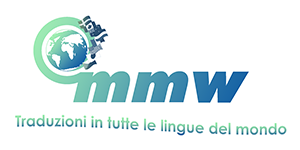Breton (ar brezhoneg)
Breton is a Celtic language spoken mainly in Brittany (Breizh)
by about 365,000 people, about 240,000 of whom speak it fluently.
History
The area known to the Romans as Armorica was renamed Brittany
("Little Britain") after the people who migrated there
from Britain, particularly from Cornwall, in the 6th century AD.
Between 1880 to the middle of the 20th century, Breton was banned
from schools and children were punished for speaking it. This changed
in 1951 with the promulgation of the Deixonne law, which allowed for
the Breton language and culture to be taught for one to three hours
a week in public education if the teacher is willing and able to do so.
Since then a number of schools and colleges have been set up providing
either education through the medium of Breton or bilingual Breton/French
education.
Breton first appeared in writing in 790 AD in a manuscript entitled
le
manuscrit de Leyde, a botanical treatise in Breton and Latin.
The first printed text in Breton, a passion play, made its appearance
in 1530. In the 19th century there was a revival of Breton literature
and it continues to flourish today.
Orthography
For most of its history there was considerable variation in the
spelling of Breton. Then in 1908 the orthography of three Breton dialects,
Kerneveg (Cornouaille), Leoneg (Leon) and Tregerieg
(Tregor), was unified. The other dialect, Gwenedeg (Vannetais),
was not included in this reform, but was included in the orthographic reform
of 1941.
Current usage
Breton can be heard on a number of radio stations for a few hours
a week and there is a weekly one-hour TV programme in Breton. There
are also a number of Breton language weekly and monthly magazines.
Relationship to other languages
Breton is closely related to Cornish and less
closely related to Welsh, though these languages
are not mutually intelligible. Breton has also absorbed quite a lot
of vocabulary from French, Latin, and probably from Gaulish languages,
which are now extinct.
Breton is also distantly related to Irish,
Manx and Scottish Gaelic.
Here is an illustration of some of the differences and similarities between
the Celtic languages using the phrase ‘I live in Brittany:
